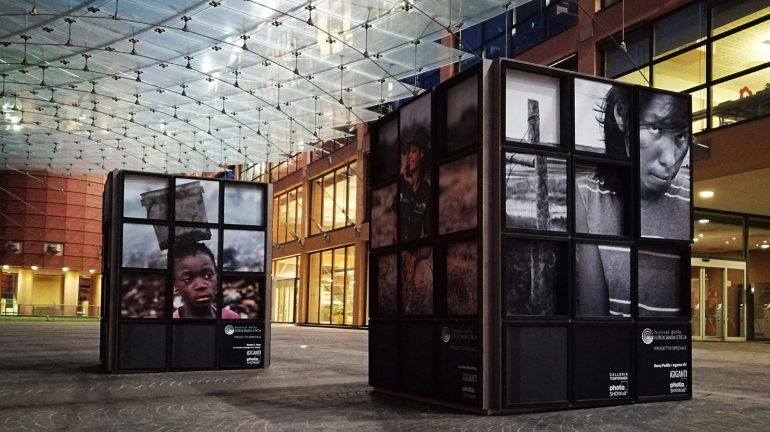by Azzurra Immediato
_
The term “ethics” comes from the ancient Greek ἠϑικά and from the Latin ethĭca, indicating, in philosophy, “any doctrine or speculative reflection on the practical behavior of man, especially as it intends to indicate what is the true good and how to achieve it, what are the moral duties towards oneself and towards others, and what are the criteria for judging the morality of human actions”. What do we mean today by ethical?
An extremely simple question with a very complex answer, since there is very little left of ethics in this world of ours; ethics, probably, is the fleeting shadow of what we should have been. Today, a time in which the world “evolves almost as quickly as taking a photograph” states the official press release of the Festival of Ethical Photography (Festival della Fotografia Etica – FFE) of Lodi directed by Alberto Prina, now in its twelfth edition.
The Festival of Ethical Photography – held from 25 September to 24 October – brought the outcome of the international photojournalism survey back to the center of the research, following a year and a half that has changed history and society; a time when Lodi, in particular, experienced the upheaval of everyday life. If in 2020 the festival wanted to show its strength in being there, the 2021 edition returns in presence, with more than 20 exhibitions but also meetings, masterclasses, talks, portfolio reviews, guided tours with the authors and awards ceremonies, such as the World Report Award | Documenting Humanity, created by the FFE in 2011, aimed at giving a voice to an innovative form of social engagement through photography, supporting photographers in their work and expanding their reach on an international scale.
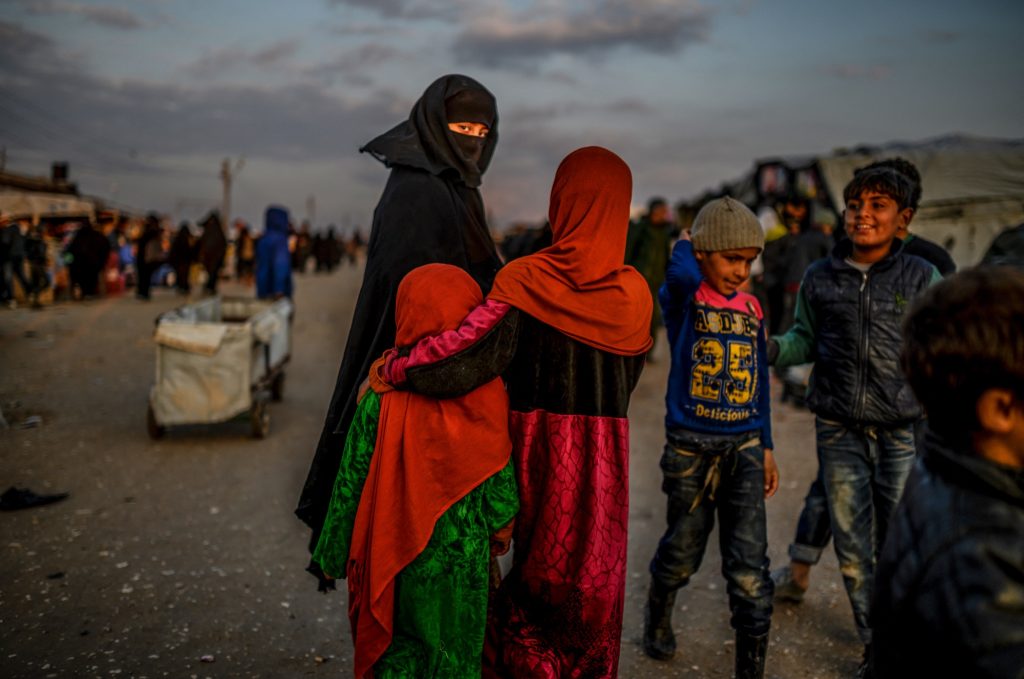
What, therefore, is the real peculiarity of a festival like the one in Lodi?
It’s the focus on events whose ethical impact is of fundamental importance, in the context of the relationship between photography, communication and ethics which defines dynamics and processes taking place throughout the world. A relationship, that between Italy and abroad, which is consolidated through the “Traveling Festival, exhibitions that are born in Lodi but that travel in Italy and abroad”, a project which offers a broader vision and perspective in the international context, not only through the stories we know best, but also allowing us to look at lives which are completely different from ours.
Lodi, therefore, for almost a month, stands as the centre of a broad investigation which, in the most significant places of the city, echoes a world that is sometimes far away, sometimes so close that it is not recognized by our eyes, unaccustomed to identify in others a path towards a collective morality. The journey proposed by the festival for this edition starts from the World Report Award, perhaps the true punctum of the Festival and whose sections resemble the chapters of a global narrative through which to carry out a sort of ex post analysis. Visitors will be thrown by perceptive and emotional action into what the FFE announces, starting from the “MASTER section, won by the Italian Nicolò Filippo Rosso with Exodus, a journey that documents the long march of refugees and migrants from Venezuela to Colombia, Central America, Mexico and the United States, in search of peace and freedom.”
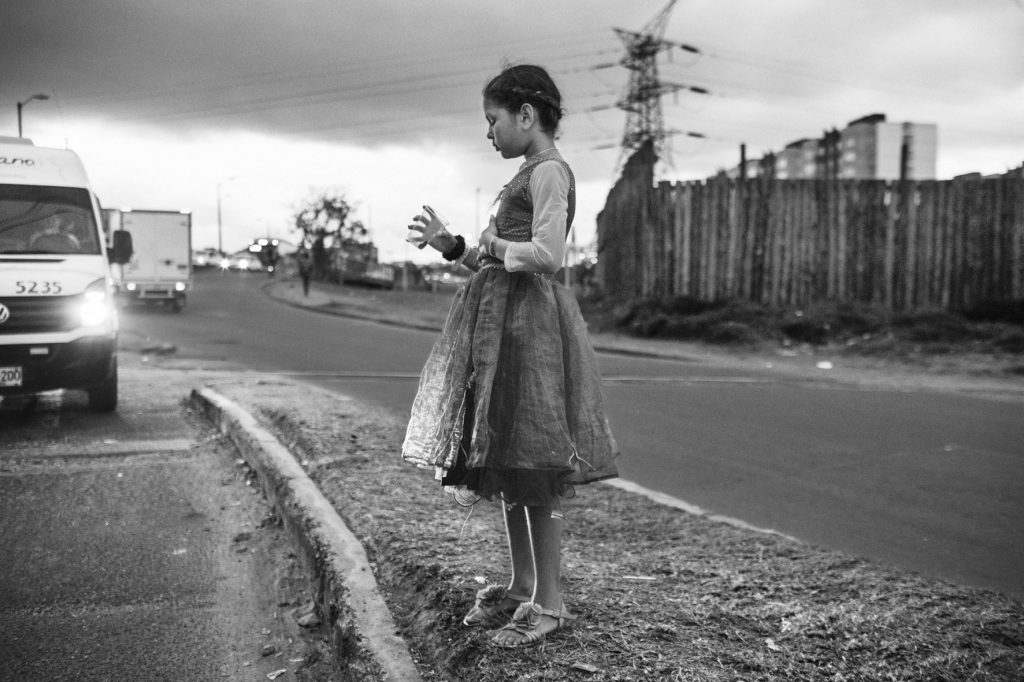
The exhibition continues with the category “SPOTLIGHT, won by the Polish photographer Jędrzej Nowicki and his Scars, an account of what is now considered the largest anti-government protest in the history of Belarus, which began in August 2020.”
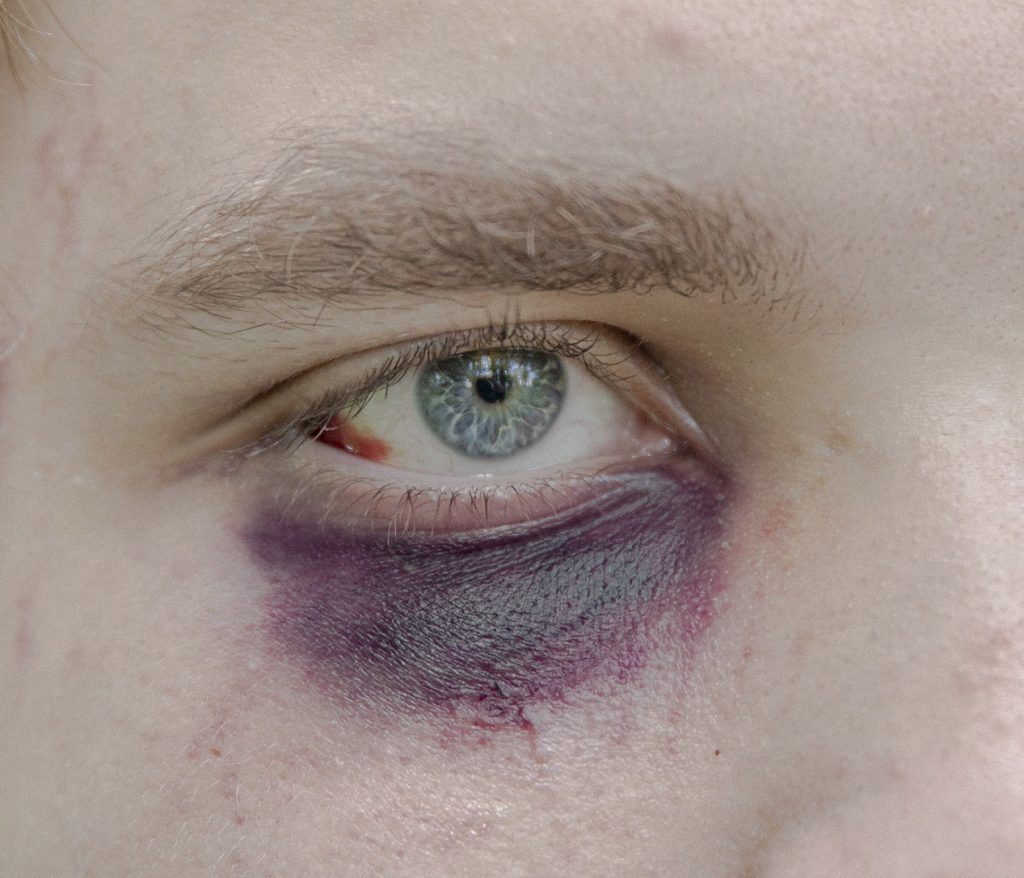
For the SINGLE SHOT section, the prize was awarded to “the single shot by Belgian photographer Alain Schroeder entitled Saving Orangutans, which denounces the danger of extinction of the orangutan in Indonesia due to uncontrolled deforestation“.
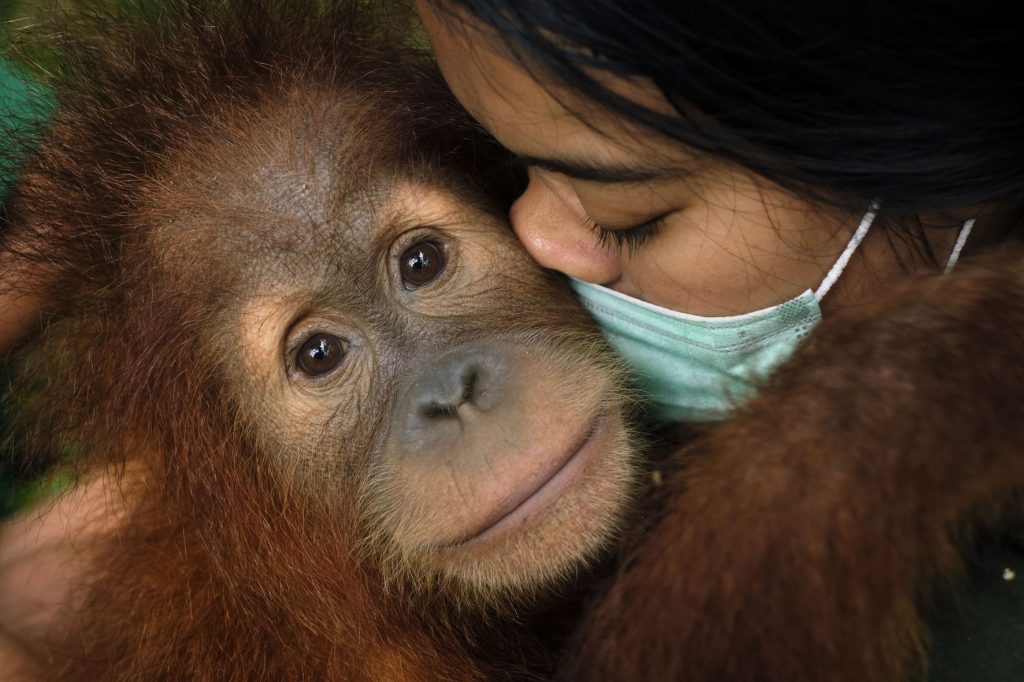
Nicolò Filippo Rosso also won the SHORT STORY section for Consumed by Grief, “the story of the return of the bodies of 13 migrants to their native village in Guatemala, who they had left a few months earlier in search of a new life in Texas, where they never arrived.”
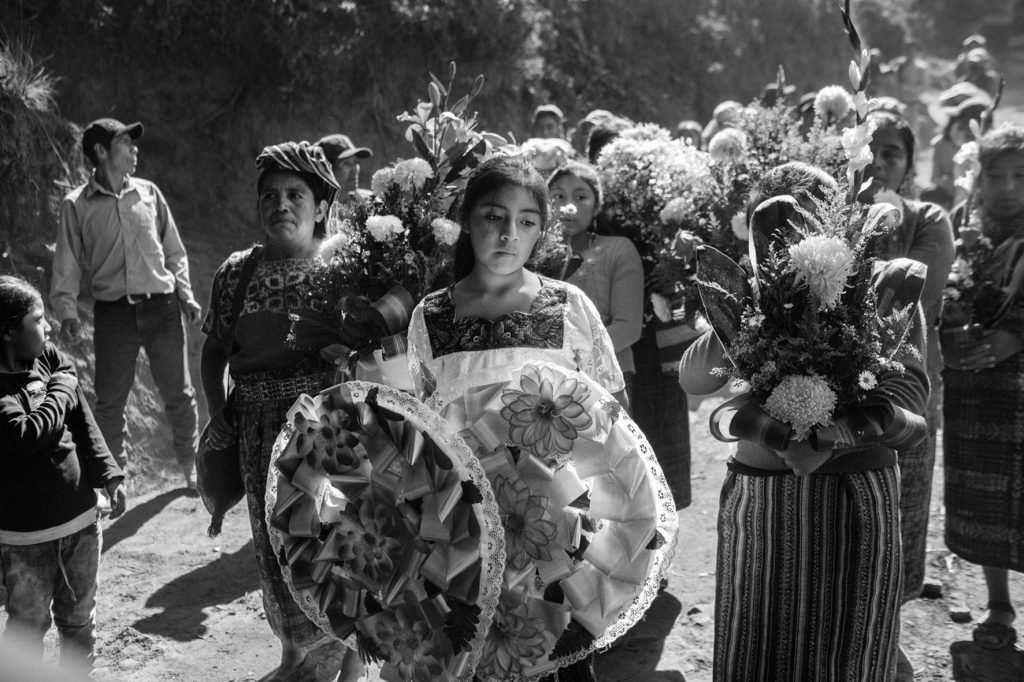
The German photographer “Jana Mai won the STUDENT category with her work The Descendants Of The Wolves, or the story of the Gagauzis, a Turkish minority of Christian Orthodox living in the southern part of the Republic of Moldova.”
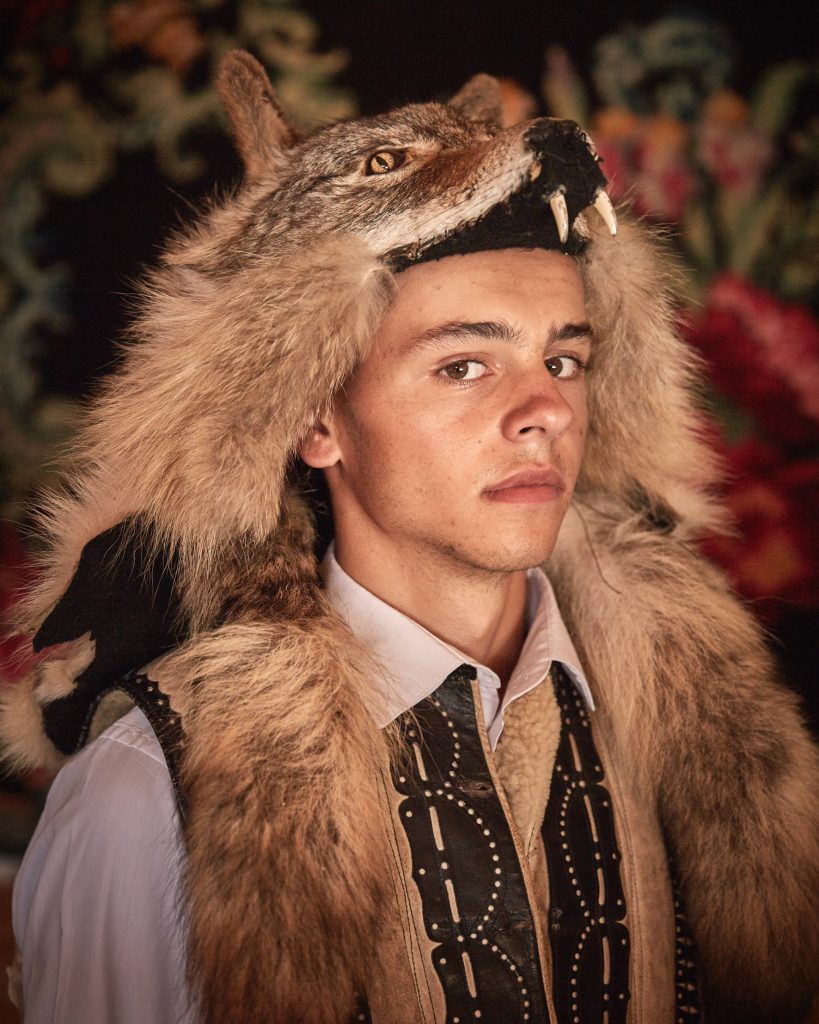
This section ends with “FUTURE GENERATIONS category, won by the Italian photographer Daniele Vita with Bagnanti, which takes us to Catania with the young adolescents of the ‘quatteri’, and their lust for life often parallel to choices of organized crime.”
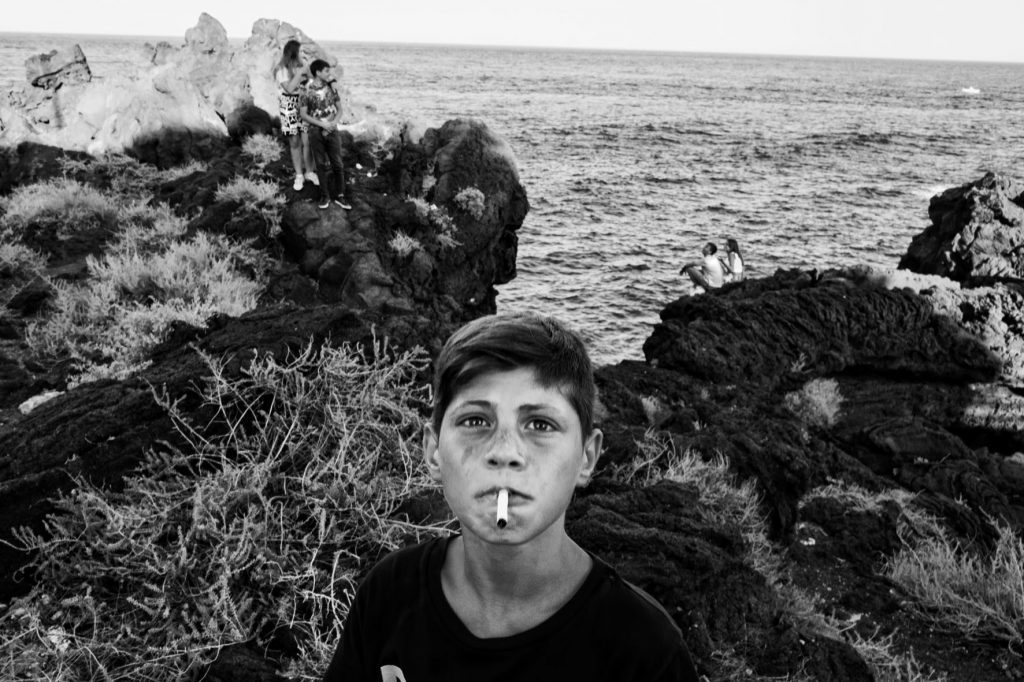
From this first overlook, it is clear how much the Festival della Fotografia Etica focuses on telling stories of our time without limitations and free from a sugar-coated narrative that often pervades the culture of contemporary images. In a context such as that of the Sistema Festival Fotografia, the FFE proposes a strengthening of certain themes, human truths whose knowledge now appears fundamental and necessary, as well as urgent, when the infinitely large and the infinitely small they support each other, to the point of almost matching in certain expressions, often negative, of our life.
The merit of photography and the task of photojournalists is to show, on a stage accustomed to beauty alone as the pinnacle of image culture, the most uncomfortable features, the most alarming and disconcerting facts of a world perhaps adrift. This way, reality and the community follow a shared itinerary that has its new roots in what is also the theme chosen by the Festival: change.
How has the perception of the world as we know it changed? How, today, do the great and fatal events that we usually associate with what, in a completely ethical way we define “the South of the World”, appear closer to us because we too have known the weakness of our society? What happens where violence, war, racism, poverty, inequality and injustice are still everyday life? Can photography be a witness and vehicle for information but also for a change of perspective?
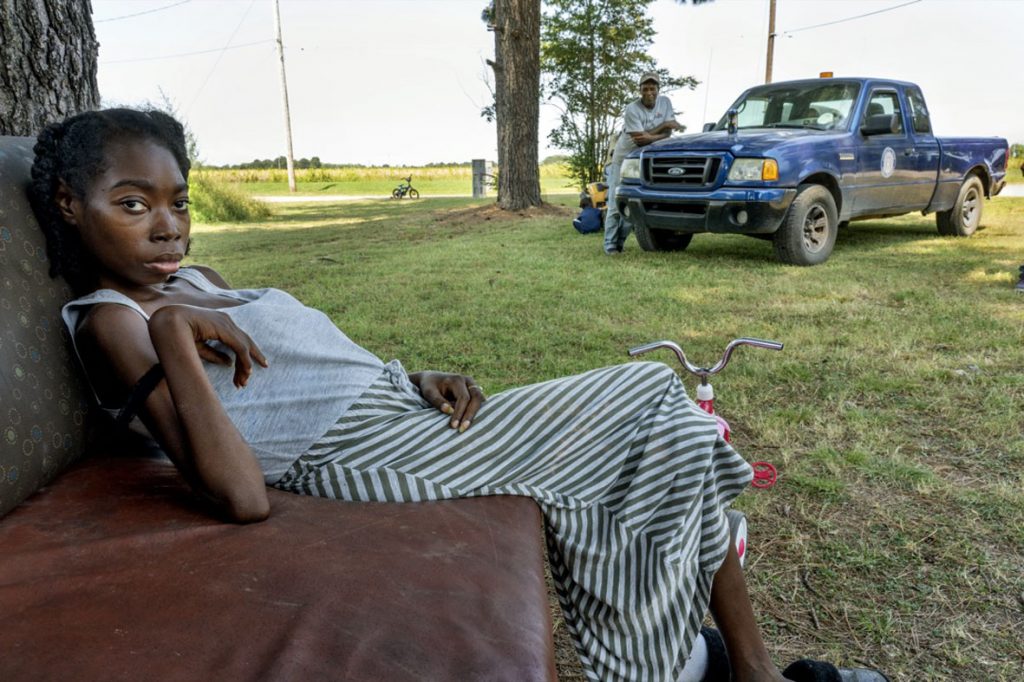
These questions seem to be answered by other parts of the Lodi Festival, as it happens in the Spazio Approfondimento, ex Chiesa dell’Angelo which finds, ten years later, “a master of world photojournalism, the American photographer Eugene Richards, who will take us to the deepest America, in the Arkansas Delta to see what promises were made to the African American community 50 years ago, and how many of those are fulfilled today. Stories of endemic poverty, racism, violence and the long road to equality still ahead, in an absolutely unprecedented exhibition in Italy“; while the Spazio Outdoor will be the scene for the American photographer Ami Vitale with A Daring Giraffe Rescue and for the Dutch photographer Jasper Doest with Pandemic Pigeons – A Love Story, which identify further aspects of the story by image, in a free and open space, outside the exhibition venues, ready to interact with the community.
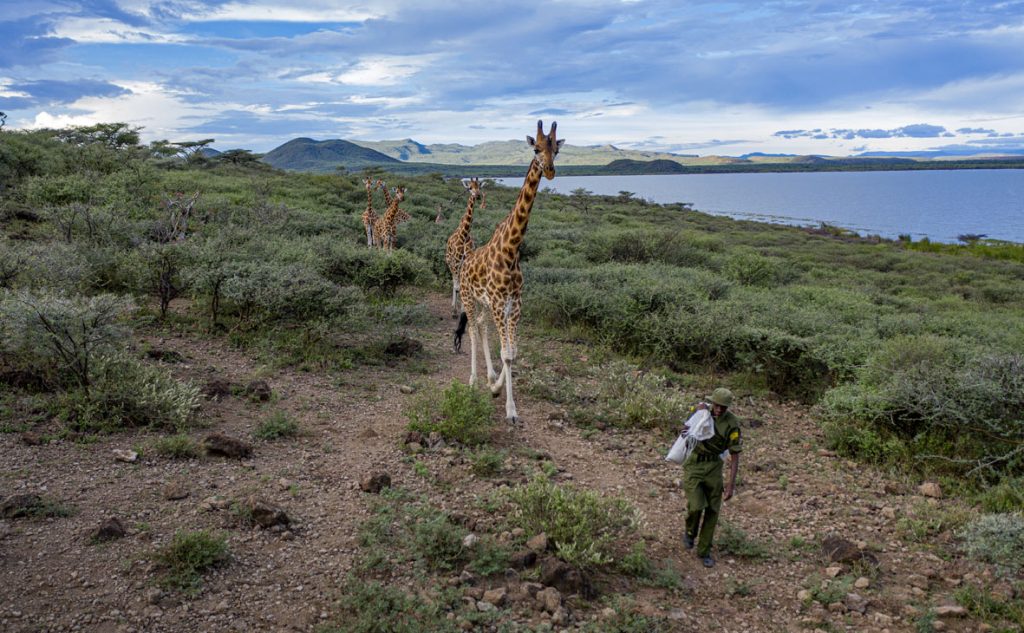
Our time, then, is deeply examined thanks to the section Uno Sguardo sul Nuovo Mondo (A Look at the New World), which offers three itineraries. The first two, in collaboration with Agence-France Presse, exhibit reportages by different photojournalists on: “American democracy put to the test. A divided nation and Syria: ten years of conflict“; the third exhibition is The New Name of Death, by Iranian photographer Farshid Tighehsaz, which documented the impact of the Covid-19 pandemic on a difficult and complex nation like Iran.
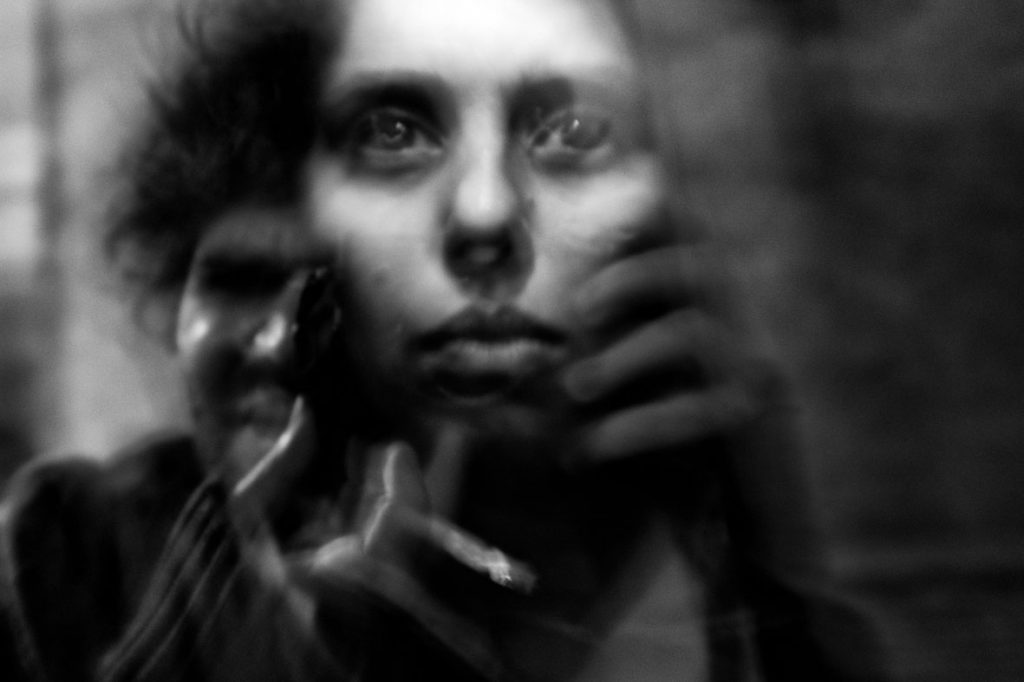
In this global grey area, we find a unique tribute, Un ricordo per Gino (A memory for Gino) dedicated to EMERGENCY thanks to the story by Giulio Piscitelli, with photographs taken in Afghan hospitals which underline the partnership that, since the first edition, has linked the Festival of Ethical Photography and the association founded by Gino Strada. An exhibition, this one, in particular, which is deeply connected to those words of Strada reported by the FFE: “By treating the victims, year after year, we have understood a simple thing. That whatever the weapons, whatever the reasons, war always has the same face: dead, wounded, suffering. It is by facing the suffering of hundreds of human beings every day that we have begun to develop the idea of a community in which relationships are based on solidarity and respect. A society that can do without war forever”.
And No Profit, on the other hand, is the section promoted by the Fútbol Más Foundation hosting the photographer Sebastian Gil Miranda with Baba Yao. The Father Of All project, “the beautiful story of Austin Ajowi, Kenyan football manager from Mathare, one of the largest slums in Nairobi and Africa” exhibited in the Lodi complex designed by Renzo Piano.
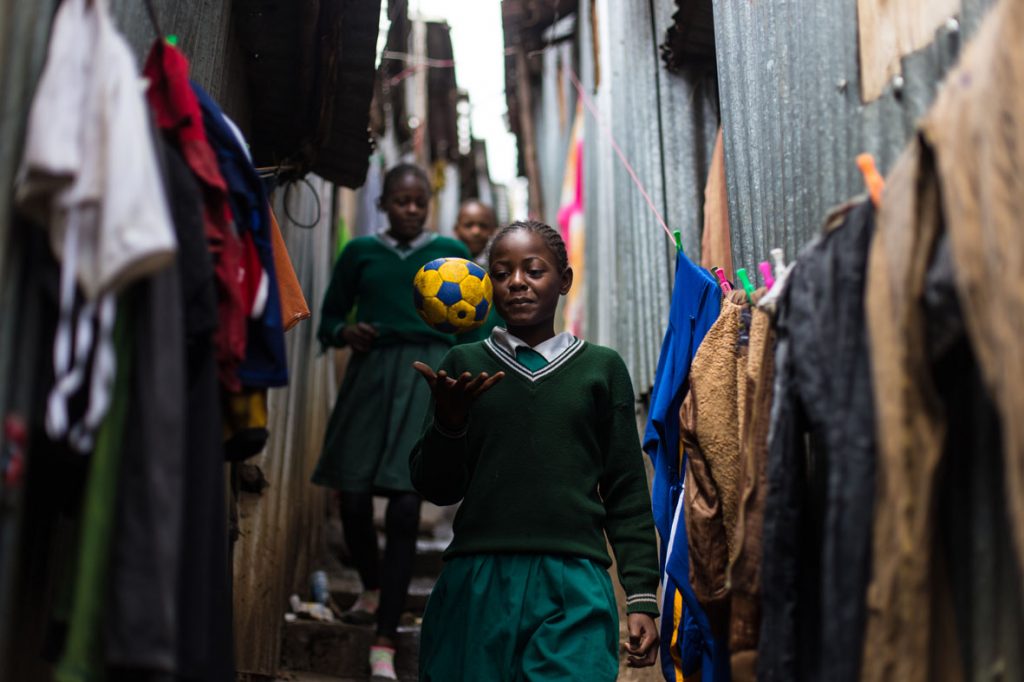
The complexity of a world that is difficult to understand, whose undulating narrative finds moments of pause in photography, approaches our inhabited space thanks to a novelty presented to the public by the FFE, the “Spazio Freedom, with the works of Fiorella Baldisserri and Lorenzo Pesce. Fiorella tells the story of Morris Donini, from Bologna, who everyone knows as Morris the ‘cinemaio’, a cinema owner who in this year of forced closure due to the pandemic has decided to continue showing films in an empty room. Lorenzo, on the other hand, tells about adolescents, the dreams, nightmares and desires they experienced during the pandemic”, exhibitions which will also meet the public in the nearby town of Montanaso Lombardo.
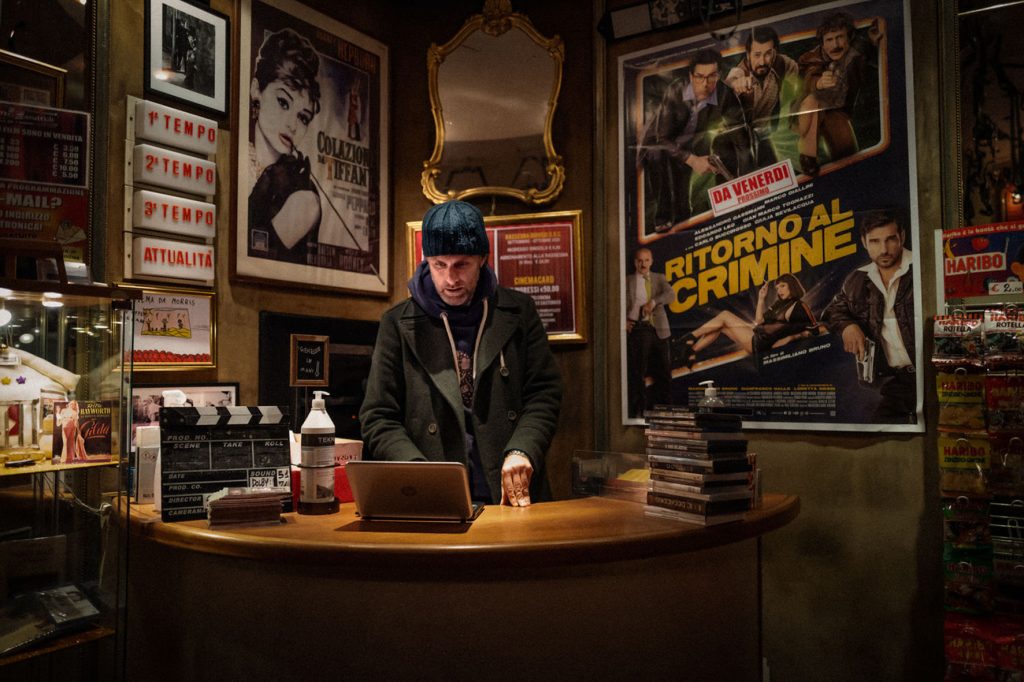
The Premio Voglino also returns to Lodi, this year awarded to Alfredo Bosco and his Forgotten Guerrero project, a reportage on the difficult political and social situation of the Mexican state of Guerrero, while an ad hoc space – Corporate for Festival – is dedicated to those projects capable to link photography and companies that, out of a sense of corporate social responsibility, promote reflection on ethical issues, as in the case of Silvia Amodio‘s exhibition entitled Io ero, sono, sarò (I was, I am, and I will be) on breast cancer and supported by Coop Lombardia.
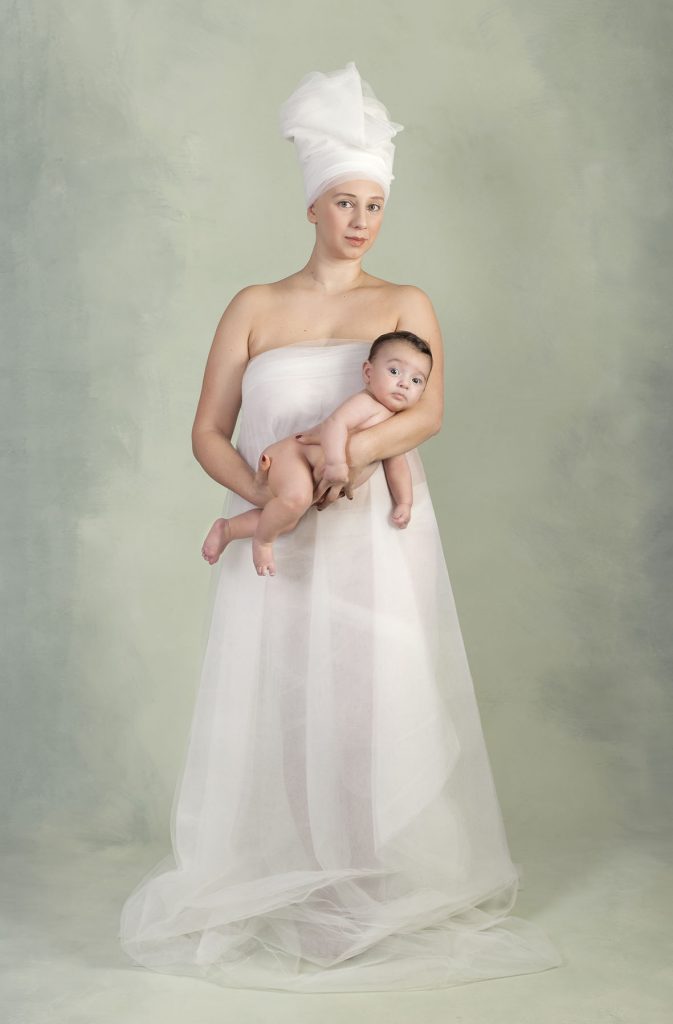
An edition defined “powerful” and accompanied by a full-bodied catalog published by emuse and by a broad proposal, partly digital, which underlines the specificities of the Festival of Ethical Photography in Lodi: to look at that part of the world too far away, at that humanity considered an inconvenient truth for our well-being and used as a sacrificial victim for our beloved progress. In this sense, the culture of the image, the strength of the photographic story clashes with respectability, with the cage of clichés with which we used, for centuries now, to defend ourselves behind barricades of blindness; it is no coincidence that photographic writing is proposed as a tangible metaphor of a presence that is no longer concealed, in which our absence is no longer justifiable.
What is ethical today in our world? What has the last year and a half taught us?
Lodi and its photographic festival define the start of an imposing and fundamental rethinking process, in no uncertain terms, but with a chorus of testimonies that pushes to stop, reflect and act according to a new and necessary modus operandi, for a society that can be the bearer of human ethics.
Being aware is the first step towards understanding the value of ethics in our life.
